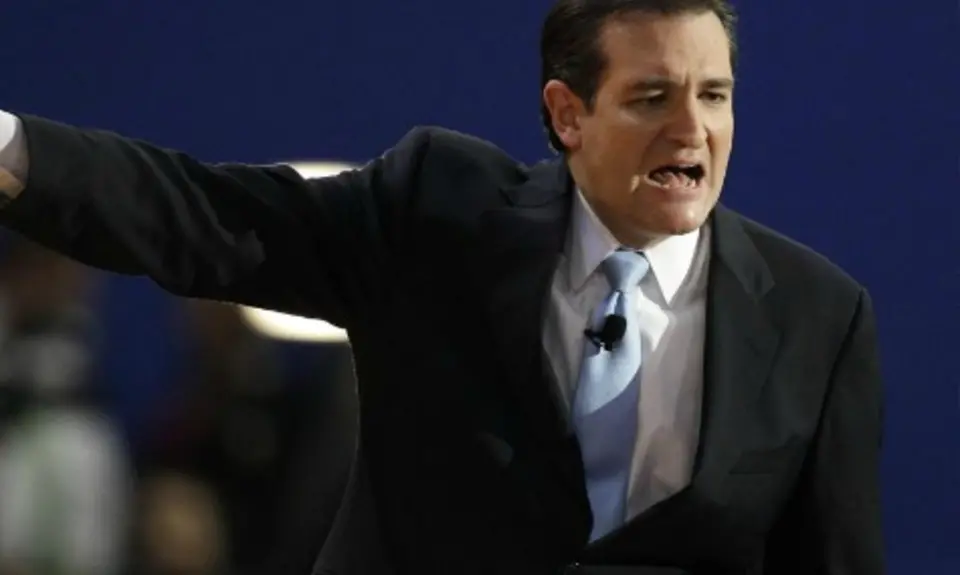In a Washington Post interview yesterday, Sen. Ted Cruz hinted that after months of refusing to consider President Obama’s nominee to fill the vacancy on the Supreme Court, Senate Republicans might decide to block anyone Hillary Clinton nominates to fill the vacancy as well.
“There is certainly long historical precedent for a Supreme Court with fewer justices,” the Texas Republican said. What Cruz failed to mention is that those historical precedents were during the many decades when the Court had anywhere from six to eight seats, pursuant to congressional statute—a far cry from one political party unilaterally and de facto changing the number of seats on the court by obstruction.
Earlier this month, Sen. John McCain, a Republican from Arizona, made similar comments, promising that Senate Republicans “will be united against any Supreme Court nominee that Hillary Clinton, if she were president, would put up.”
Cruz’s and McCain’s statements directly contradict what many Republicans have been saying about their blockade of President Obama’s nomination of Merrick Garland to the Supreme Court—that because the vacancy came about in an election year it should be filled by the next president.
Cruz himself has made this exact argument: In February, he told George Stephanopoulos that “the people need to decide” who fills the Supreme Court vacancy because the presidential election is “a referendum on the court.”
“Let the election decide it,” he said. “If the Democrats want to replace this nominee, they need to win the election.”
The Texas senator communicated the same message in a February interview with Anderson Cooper: “I think 2016 should be a referendum on the Supreme Court…. [I]f the Democrats want to nominate a liberal they need to win the election.”
Back when he was attempting to justify the Senate GOP’s months-long blockade of a Supreme Court nomination, Cruz pretended that it was all about the principle of letting the next president decide who sits on the court. Now that it looks like Hillary Clinton might be the next president, he has conveniently forgotten that argument.





